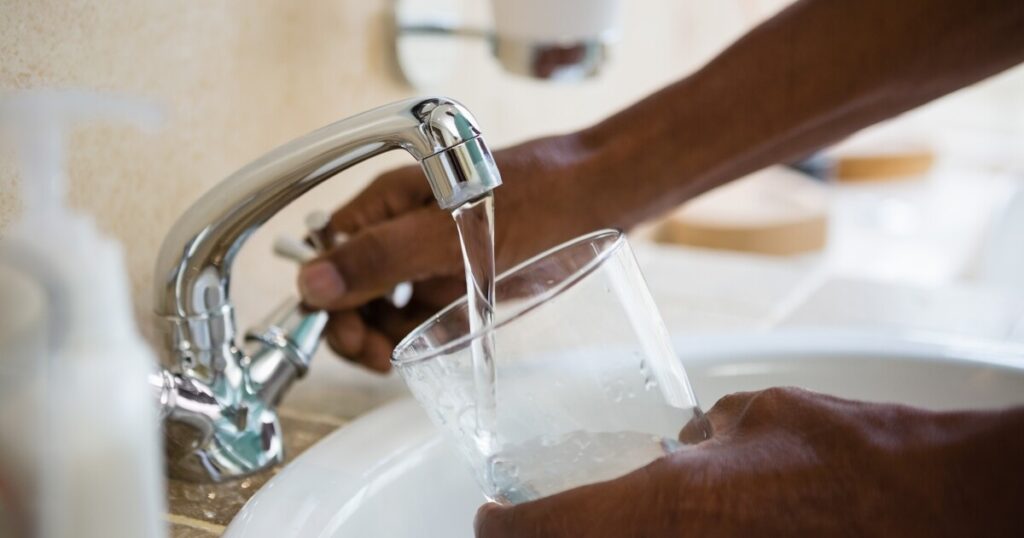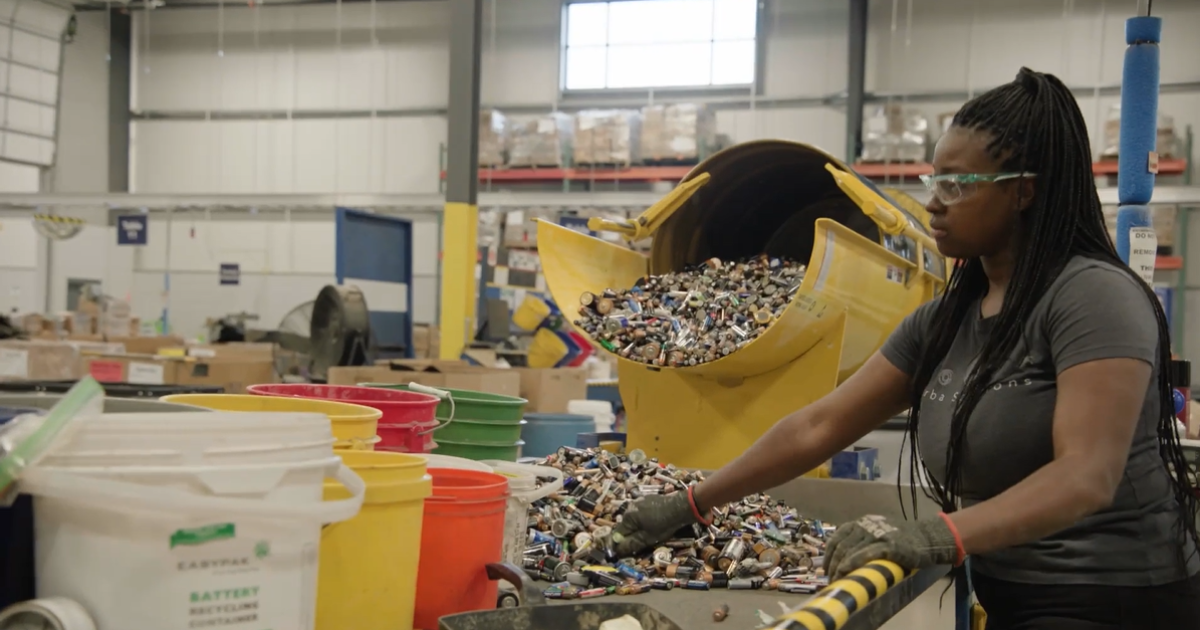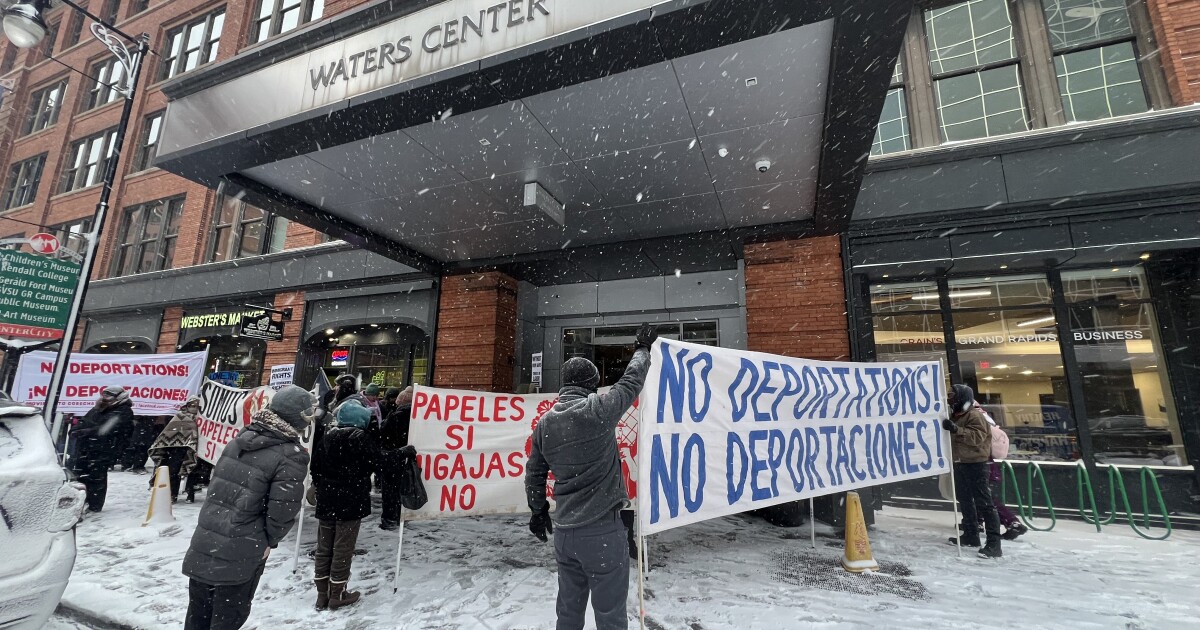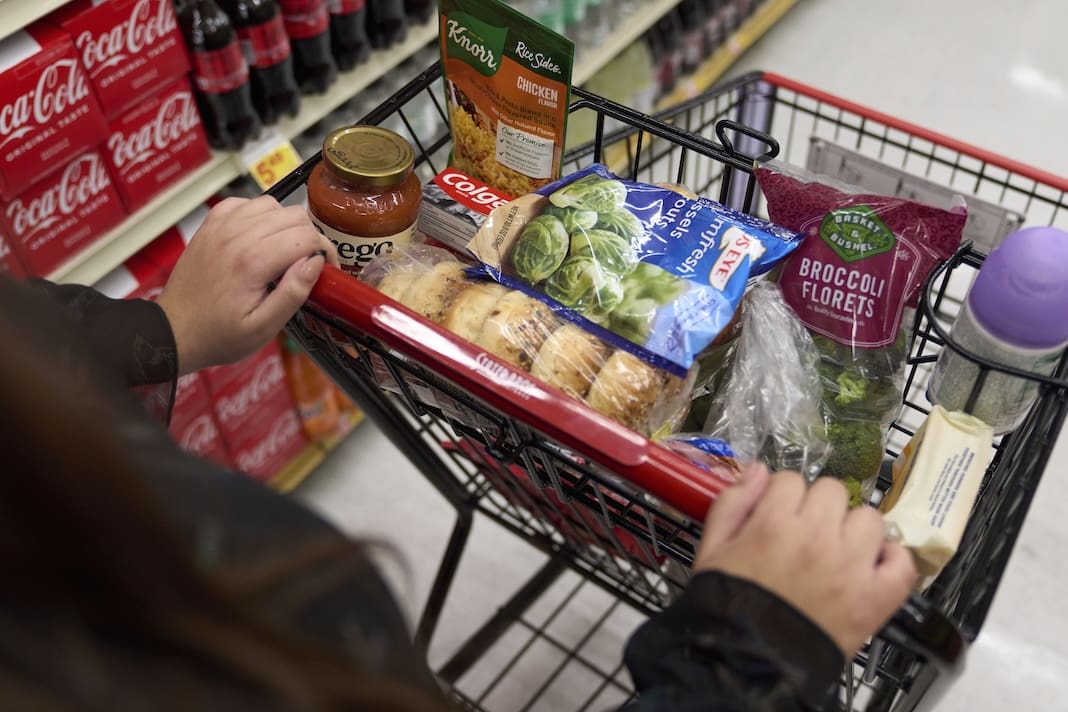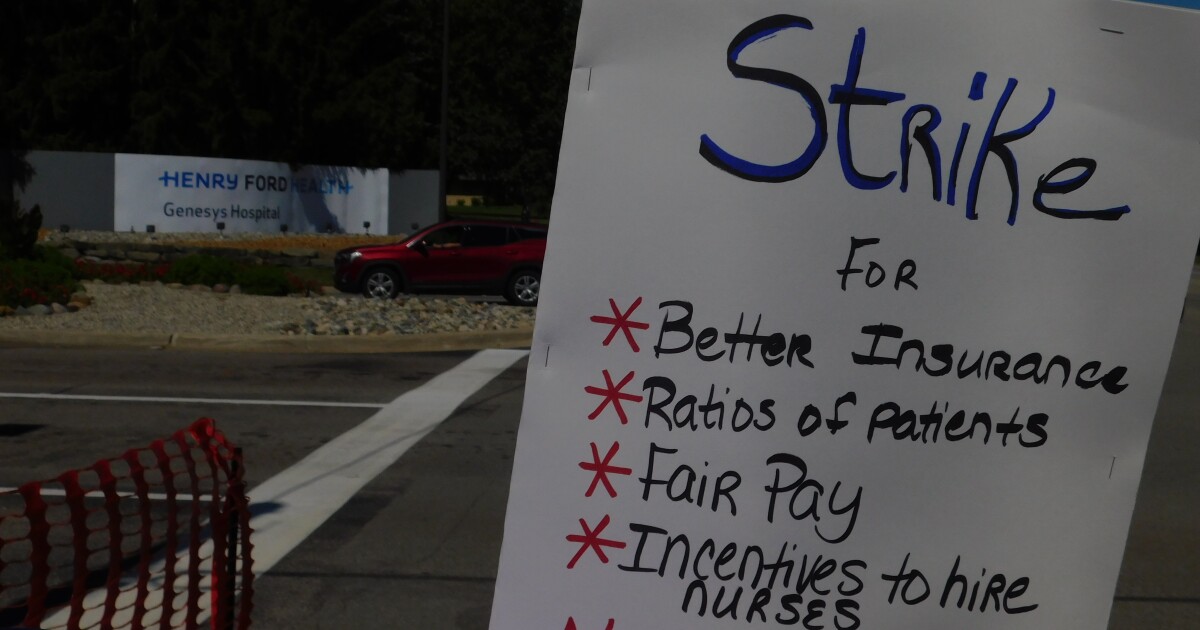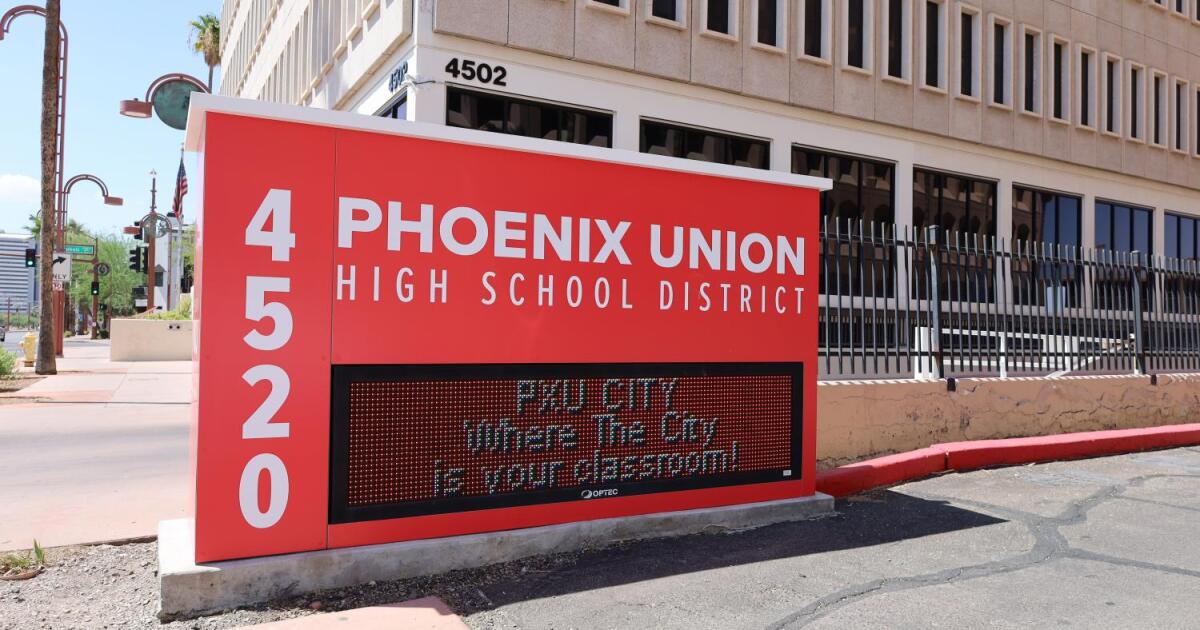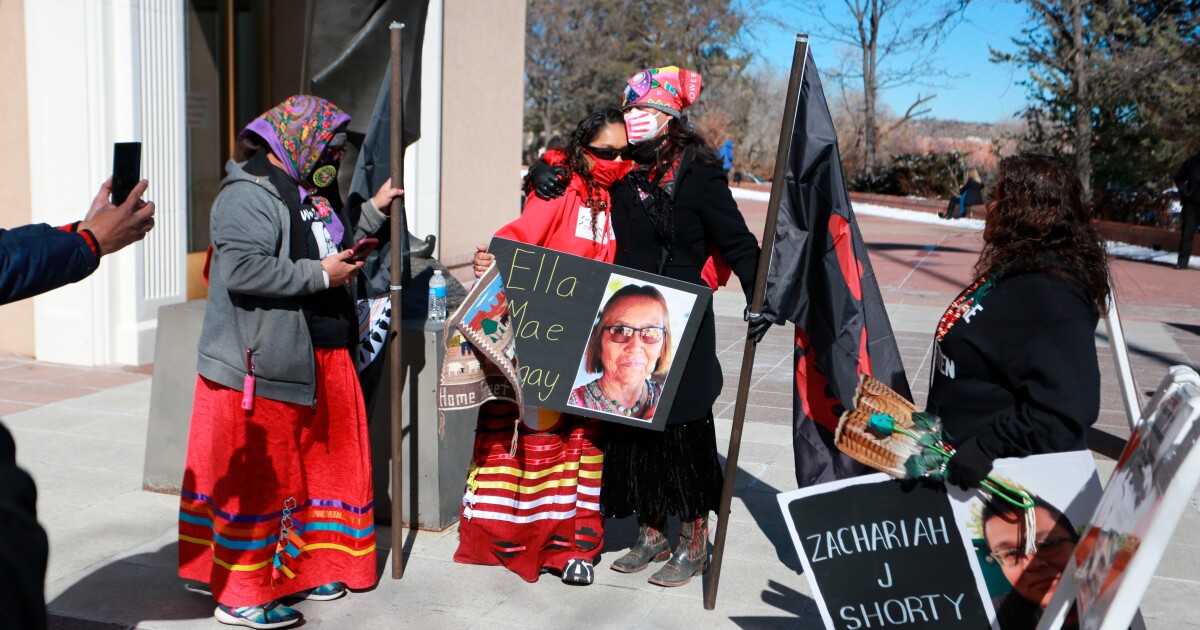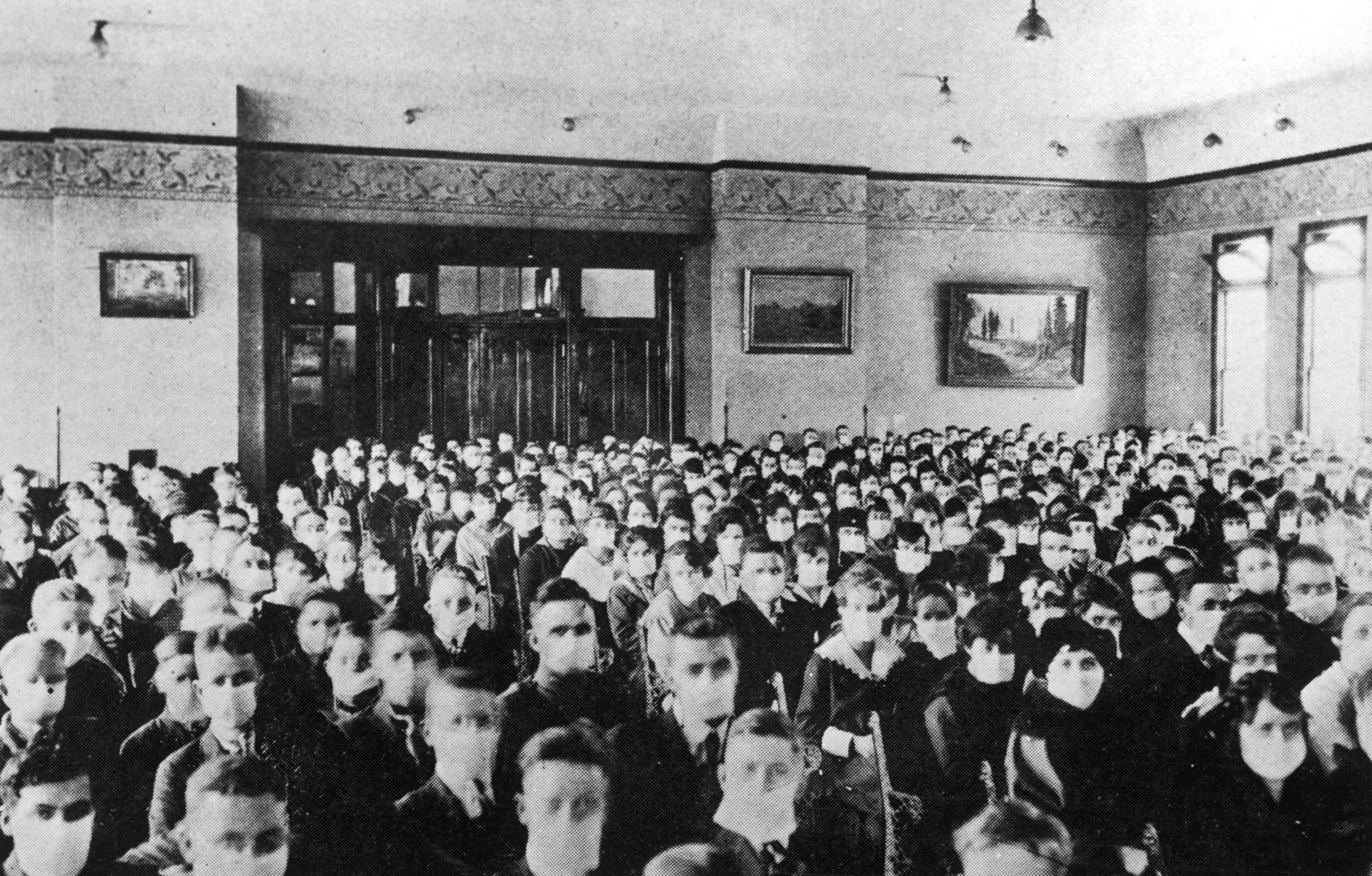Residents in Metro Detroit could face their steepest water rate increase in a decade. The Great Lakes Water Authority (GLWA) has put forward a proposal to significantly raise the rates for drinking water and sewer services in the fiscal year 2026.
According to The Detroit News, GLWA’s proposal would raise wholesale water rates by 7.73% and sewer rates by 5.39%. This proposal surpasses the previous 4% cap on rate increases, which has been in effect for the past ten years but will expire this year.
GLWA has attributed the need for these increases to rising material costs, deferred maintenance, and essential infrastructure improvements. However, there is resistance from local leaders and community advocates who question the necessity and affordability of these hikes, especially during ongoing economic challenges. A public hearing is scheduled for February 26, where residents and officials are invited to express their opinions.
Details of the Proposed Rate Hikes
The GLWA is proposing to increase wholesale water rates by an average of 7.73% and sewer rates by 5.39% for the 2026 fiscal year, which starts on July 1, 2025. If approved, it would mark the most significant increase in the last decade.
Reasons Behind the Proposed Increases
GLWA officials have pointed to deferred maintenance, capital improvements, and corrosion control measures as the primary reasons for the rate hikes. Additionally, inflation and rising costs for materials, including steel and chlorine, have necessitated the proposed increases.
Water Utilities in Southeast Michigan
Southeast Michigan’s water services are managed by two main agencies:
- Great Lakes Water Authority (GLWA): Oversees regional water and sewer systems across eight counties, serving nearly 40% of Michigan residents with drinking water and 30% with wastewater services.
- Detroit Water and Sewerage Department (DWSD): Manages Detroit’s water and wastewater systems through a 40-year lease agreement with GLWA. DWSD bills Detroit residents, while suburban communities pay GLWA via local municipal authorities.
GLWA establishes wholesale rates for its 112 member communities, which then set their own rates for residents. Factors like distance from water sources, elevation, and storage capacity influence these rates. Detroit’s system, originally designed for a larger population, results in higher maintenance costs per resident.
Comparison with Previous Rate Increases
Previously, GLWA was limited by a 4% cap on rate increases, which will expire on June 30, 2025. Over the past nine years, water rates increased by an average of 2.9% annually, while sewer rates rose by 1.7%. Last year, water rates went up by 3.25% and sewer rates by 3%. The proposed 7.73% increase represents a substantial departure from past trends.
Impact on Residents
GLWA services 112 communities across eight counties in Southeast Michigan, including Detroit, Oakland, Macomb, and Wayne counties. Local water authorities, such as the Southeastern Oakland County Water Authority (SOCWA), have indicated that these increases will likely be passed on to residents.
Critics’ Perspectives
Local leaders and advocates have voiced concerns about the impact of these increases on residents, particularly those already facing financial challenges.
- Eric Griffin, general manager of the Southeastern Oakland County Water Authority, described the proposed hike as “significant” and called for more justification.
- Demeeko Williams, founder of Hydrate Detroit, argued that increasing rates during economic struggles would negatively affect low-income residents.
- Southfield Mayor Ken Siver acknowledged the need for infrastructure upgrades but expressed concern about the financial burden on residents.
Impact on Water Bills
While GLWA sets wholesale rates, local governments determine how much residents pay. Some communities might absorb part of the increase to ease the impact, while others may pass on the entire hike. SOCWA has stated it will likely raise rates for its 13 member communities.
Infrastructure Projects Funded by GLWA
GLWA plans to use the increased funds for several projects:
- Corrosion control: $6 million is allocated for programs to prevent lead contamination.
- Flood mitigation: Co-funding a study with the U.S. Army Corps of Engineers to address flood risks.
- Aging infrastructure: Addressing underfunded maintenance and delayed capital projects from past efforts to keep rates low.
Available Assistance Programs
Residents struggling with high water bills may qualify for assistance programs such as the DWSD Lifeline Plan or the Water Residential Assistance Program (WRAP):
- DWSD Lifeline Plan (for Detroit residents only):
- Fixed monthly bills as low as $18 based on income.
- Immediate erasure of past due balances upon enrollment.
- Shutoff protection while enrolled.
- Up to 1,125 gallons of water per household member per month.
- Free water audits and minor plumbing repairs.
- WRAP (for non-Detroit GLWA customers):
- Up to $115 per month in bill payment assistance for 12 months, renewable if eligible.
- Up to $1,500 in past-due bill forgiveness.
- Water conservation services, including audits and repairs.
- Available to customers with income at or below 200% of the federal poverty level.
Next Steps
The GLWA Board of Directors will vote on the proposed rates at a public hearing on February 26, 2025, from 2:00 p.m. to 6:00 p.m. The meeting will be held in person at the Water Board Building in Detroit and accessible via Zoom.
- Zoom Meeting Link: Join here
- Meeting ID: 864 7166 7249
- Passcode: 297061
Toll-Free Dial-in: 888-788-0099 / 877-853-5247
The public can share their views during the hearing, after which the GLWA board will decide on the proposed rate changes. If approved, the new rates will be effective from July 1, 2025.
—
Read More Michigan News

